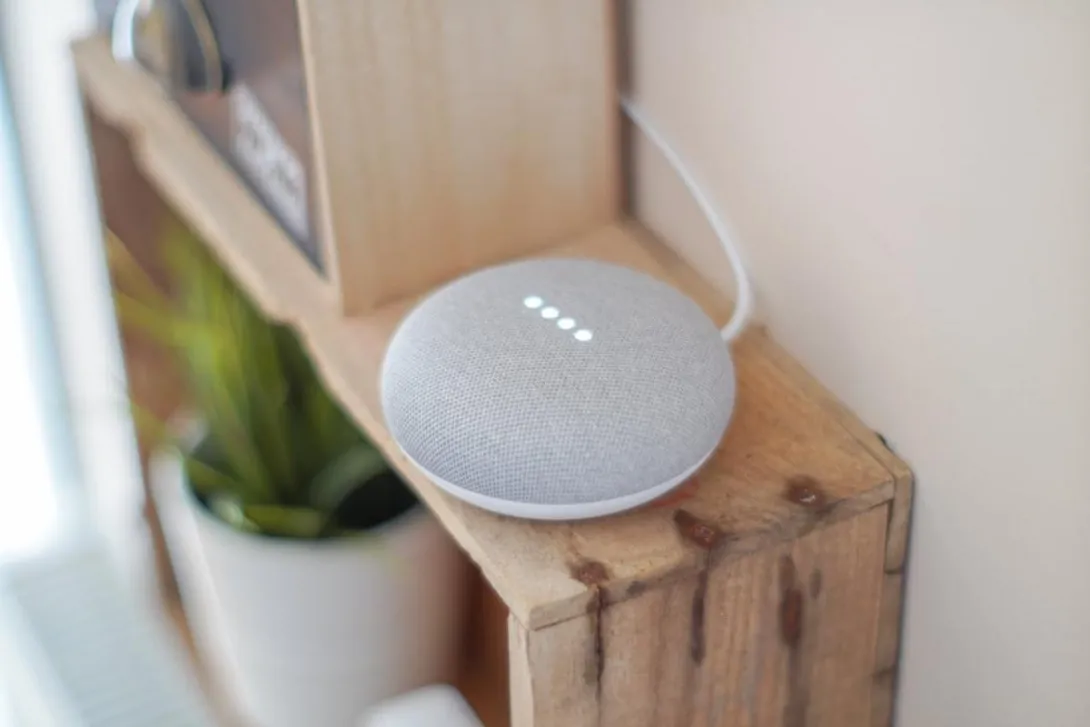
In the realm of modern living, the concept of "smart homes" has evolved from a futuristic idea into a tangible reality. These technologically advanced residences are not just about convenience; they're altering the landscape of real estate by enhancing comfort, security, and energy efficiency.
What Defines a Smart Home?
Smart homes integrate various devices and systems connected through the Internet of Things (IoT) to automate and optimize household functions. These can include:
- Smart Security Systems: Enhanced surveillance, smart locks, and doorbell cameras.
- Smart Thermostats: Regulating temperature and energy consumption based on preferences and habits.
- Voice-Controlled Assistants: Devices enabling voice commands to control appliances and devices.
- Smart Lighting: Automated lighting systems that adjust brightness and color based on settings.
The Evolution and Appeal
Over the years, smart home technology has evolved from basic automation to more sophisticated and interconnected systems. What was once considered a luxury has become increasingly accessible and desirable for homeowners.
Market Value of Smart Homes
The incorporation of smart technology in homes contributes significantly to their market value. Features like energy efficiency, enhanced security, and comfort provided by these systems have a direct impact on property prices. Studies indicate that homes equipped with smart technology tend to sell faster and at higher prices compared to traditional homes.
Advantages of Smart Homes
- Energy Efficiency: Smart technology optimizes energy usage, reducing utility bills.
- Enhanced Security: Surveillance cameras, smart locks, and alarm systems offer heightened security and peace of mind.
- Convenience: Automated systems simplify daily tasks, from adjusting lighting to managing home appliances.
- Increased Resale Value: Smart homes tend to attract more buyers and offer higher resale value.
Considerations for Smart Home Buyers
- Compatibility and Interoperability: Ensuring devices work seamlessly together.
- Cybersecurity: Protecting smart systems from potential hacking or breaches.
- Costs: Initial investments in smart home technology should be considered against long-term savings.
Conclusion
The evolution of smart home technology has revolutionized the real estate market. The fusion of convenience, security, and energy efficiency has propelled the desirability and market value of smart homes.
For expert guidance on smart home investments and opportunities in Nigeria, consult LandMall.ng, your trusted real estate agency committed to providing futuristic housing solutions.
Smart homes represent the future of modern living, offering a harmonious blend of convenience, security, and innovation. As technology continues to advance, the integration of smart features into homes is poised to become the new norm in real estate.